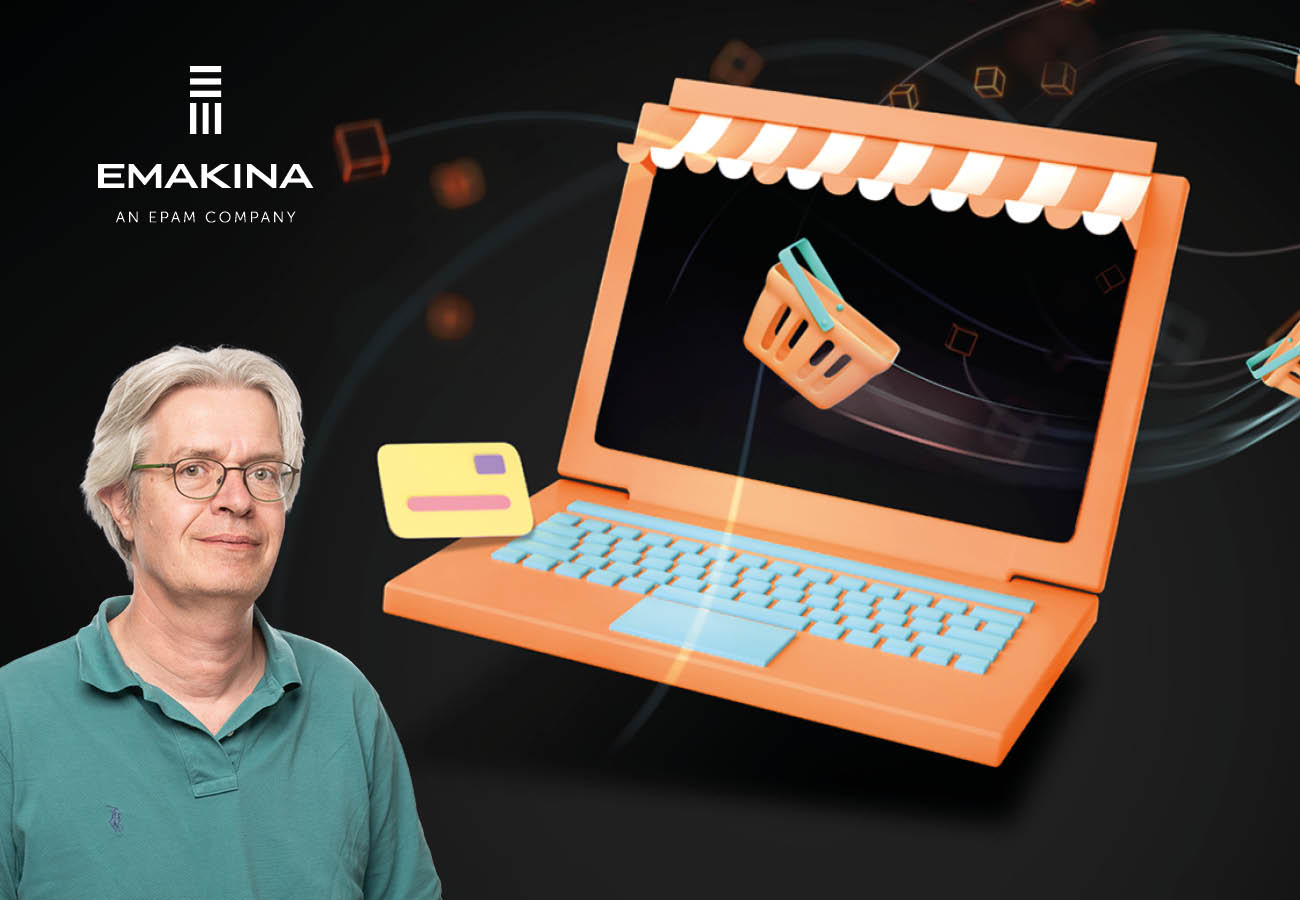Entering China more easily – Emakina’s way into China’s online marketplaces.

Selling on Chinese marketplaces: enormous opportunities.
Online marketplaces are a hot topic in digital marketing and with reason. Amongst all the possibilities of digital growth, online marketplaces have a very concrete and tempting one: access to millions and millions of customers worldwide. Let’s take China as an example. Mainly seen as ‘the factory of the world’, brands are starting to realise that China has an enormous market of its own with up to a billion customers. These customers are interested in Western products, have an income to spend and are now easily accessible. At Emakina, we notice our clients see the possibilities as well and want to act. But how?
Adding experienced natives to our marketplace team.
Aside from the glaring possibilities, there are many challenges when entering China as well. Processing legal documents can take a long time, for example. And it can be a daunting task to decide which marketplaces to choose and get actual results. Competition is a factor in China as well! So, for our agency to stay ahead in the game, Emakina just added a Chinese native to the marketplace team: Katie Yung. Based in Amsterdam, Katie has worked with different companies on entering the Chinese marketplaces. Working with products ranging from travel packages to coffee beans, Katie gathered much-valued experience and learned the ropes of China’s marketplace world. This means a lot because it adds an inside look and relevant experience for our clients.
Entering China more easily
In the last few months, our marketplace team has become a vital point of our growth services. As a team, we are growing super fast and gain experience by the week. Combined with Katie’s local insights, we have established a selection of key learnings for businesses entering China and its online marketplaces.
- Start online before opening a physical store.
There are many difficulties when starting to sell in China. Most importantly, it takes months for foreign businesses to process the legal documents. And because China is so big, it’s impossible to be present everywhere. That’s why a combined approach is smarter: start selling online to understand the market with physical stores as a possible addition for the future.
- Selling directly is possible on selected marketplaces.
There are a few online marketplaces in China that allow foreign businesses to sell without a Chinese entity (Tmall Global, JD worldwide and Kaola for example). These are especially suited for brands that want to sell directly and have a relatively hassle-free set-up.
- Risks are low, but deposits required.
To enter a Chinese marketplace with your brand, it’s common to pay the platform a deposit upfront. The amounts are up to around EUR 40,000 with an additional commission ranging from 0.5-15%. Although these are serious amounts, the costs are still significantly lower compared to opening a physical store.
- Online marketplaces are a daily routine.
Future possibilities aside, it’s important to know that the Chinese customer is on the online marketplaces today. A few numbers are especially interesting:
– 65% of China’s mobile internet consumption comes from social
and content browsing.
– 83% of payments were done by smartphone in 2018.
– 70% of new customers are from less-developed areas.
Altogether, these numbers indicate that the use of online marketplaces has spread through geographical and social boundaries. Everybody uses them! And many do it on their smartphone. For your business, this means that your products can be literally one click away from Chinese customers. But in order to get there, you need to be smart and take the right steps. At Emakina, we have the experience in-house to make it happen. Let’s get your brand online in China!
Weitere Beiträge im Blog
Zum Blog-
E-Commerce Trend #3 – Omnichannel. Worauf sollten Unternehmen 2023 achten? Unser Experte, Georg Kafka, im Interview.

-
E-Commerce Trend #2 – Social Media. Mehr als ein Trend? Unsere Digital Marketing Expertin, Verena Scheucher, im Interview.

-
Relationship marketing – noch im Trend?

-
E-Commerce Trend #1 – Künstliche Intelligenz. Was halten wir davon? Unser Experte im Interview.

